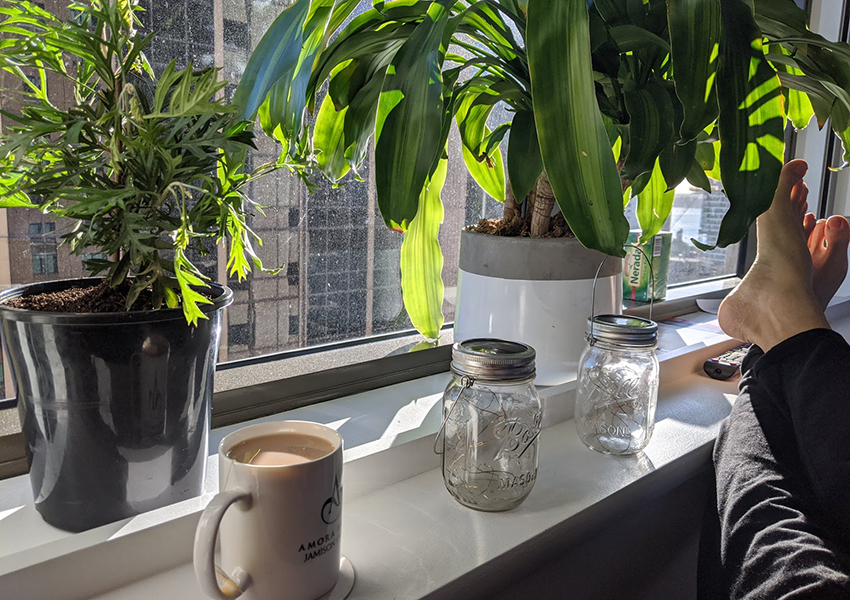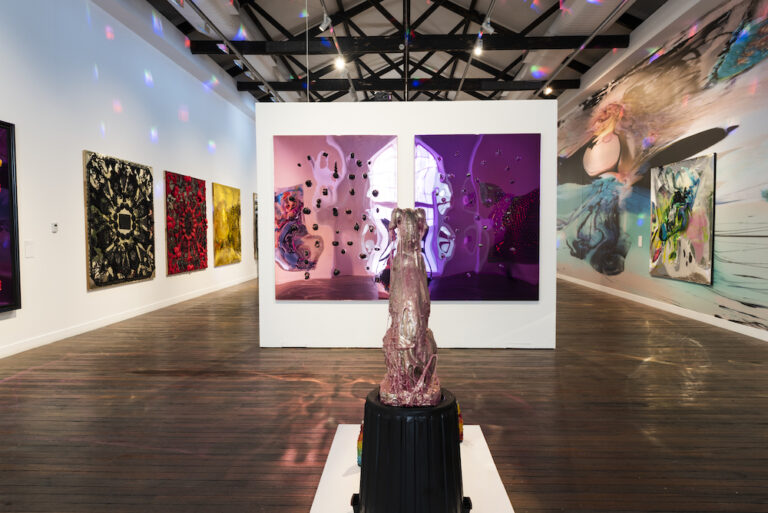
Checking in to hotel quarantine

By ALLISON HORE
On Wednesday the NSW Government announced that hotel quarantine would be enforced for interstate travellers. But what is hotel quarantine like for those who have been through it?
Under the new guidelines all NSW residents returning from Victoria, except for those living in border regions, will only be able to enter NSW through Sydney Airport and upon arrival will have to enter hotel quarantine for 14 days at their own expense. The regime came into effect at 12:01am on Friday.
Premier Gladys Berejiklian said while the new guidelines might be “difficult” for some people, the escalating COVID-19 numbers in Victoria means NSW “must exercise extreme caution”.
“The health of our citizens and economy must be protected – and the health advice says this is the best way to do it,” she said.
“We will also further limit the reasons Victorians can seek exemptions to come into NSW.”
For those returning from overseas, hotel quarantine has been in effect since the end of March and more than 35,000 Australian citizens and permanent residents have been through the system. Initially the government foot the bill for quarantine, now travellers- including those coming from Victoria- must fork out the $3000 on their own.
City Hub spoke to Mitchell Jeffrey, who lives in regional Queensland, about his 14-day stay in hotel quarantine in Sydney which ended on Friday. Mitchell had to enter quarantine at his own expense as he returned from the United States where he was dealing with a family health issue. This travel, he said, was unavoidable.
“I tried really hard to avoid having to travel, and still would have preferred not to, especially because of risk to my own health and that of the community,” he said.
What started as an on-the-fly response to an ever evolving situation, with a lot of hiccups, has become routine for hotels, law enforcement and health workers.
“From Customs, we were directed to the bus that took us directly to the hotel. There was some waiting, as the process had us move in small groups to prevent mingling, but it was reasonable,” Mitchell explains.
Mitchell’s hotel quarantine stay was in the Amora Hotel on Jamison Street in the CBD. He said he was impressed with the overall quality of the food and he was given the option of ordering food in if he preferred. He also appreciated the quality of the room and the view.
Despite the impressive food and the room, Mitchell said there were some challenges. He said the reality of the situation really set in when a police officer at check in told him, “you won’t be getting room keys, because you can’t leave your room.” Not being able to leave the room or open the window and get fresh air also made him feel “groggy” and “lethargic”.
“I was able to convince someone, I don’t know who, to lend me a houseplant. It helped considerably with air quality and my own mood,” he said.
“I actually asked for a dozen, but one was better than nothing.”
The mental health implications of isolation and being restricted to one room were not lost on Mitchell either. The nurses who visited the room every day weren’t just checking symptoms, but also monitoring guests’ mental health, Mitchell says, and he worries about the long term mental health impacts this kind of isolation might have on people.
To help keep guests “sane” and entertained, the hotel has found ways to keep up morale including quizzes and a facebook group for the quarantine cohort. Mitchell also passed his time having regular video chats with friends and family and doing university projects and coursework. While he would have rather self-isolated at home, Mitchell said he understood the necessity for the hotel quarantine.
“Ideally, we could trust people to quarantine at home and do the right thing. I actually did that in March, in a camp trailer in my parents’ yard in the bush,” said Mitchell.
“But we’ve since found that people don’t keep quarantine, and the risk to the community when that happens is too high.”
Health minister Brad Hazzard told 2GB that health workers reporting incidents of returnees “challenging self isolation” was part of the reason the regime was put into effect, alongside the growing number of COVID-19 cases in Victoria and NSW.
NSW Police Commissioner Mick Fuller supports the roll out of hotel quarantine for travellers from interstate and says the regime has been one of the state’s most effective tools in slowing the spread of COVID-19.
“Make no mistake – mandatory hotel quarantine has undoubtedly saved many lives, particularly among our vulnerable community members, and will continue to do so as we navigate this public health threat,” he said in a statement to the AAP.
Information about hotel quarantine can be found on the NSW Health website. For information about taking care of mental health during quarantine and self isolation, visit Beyond Blue’s guide.









